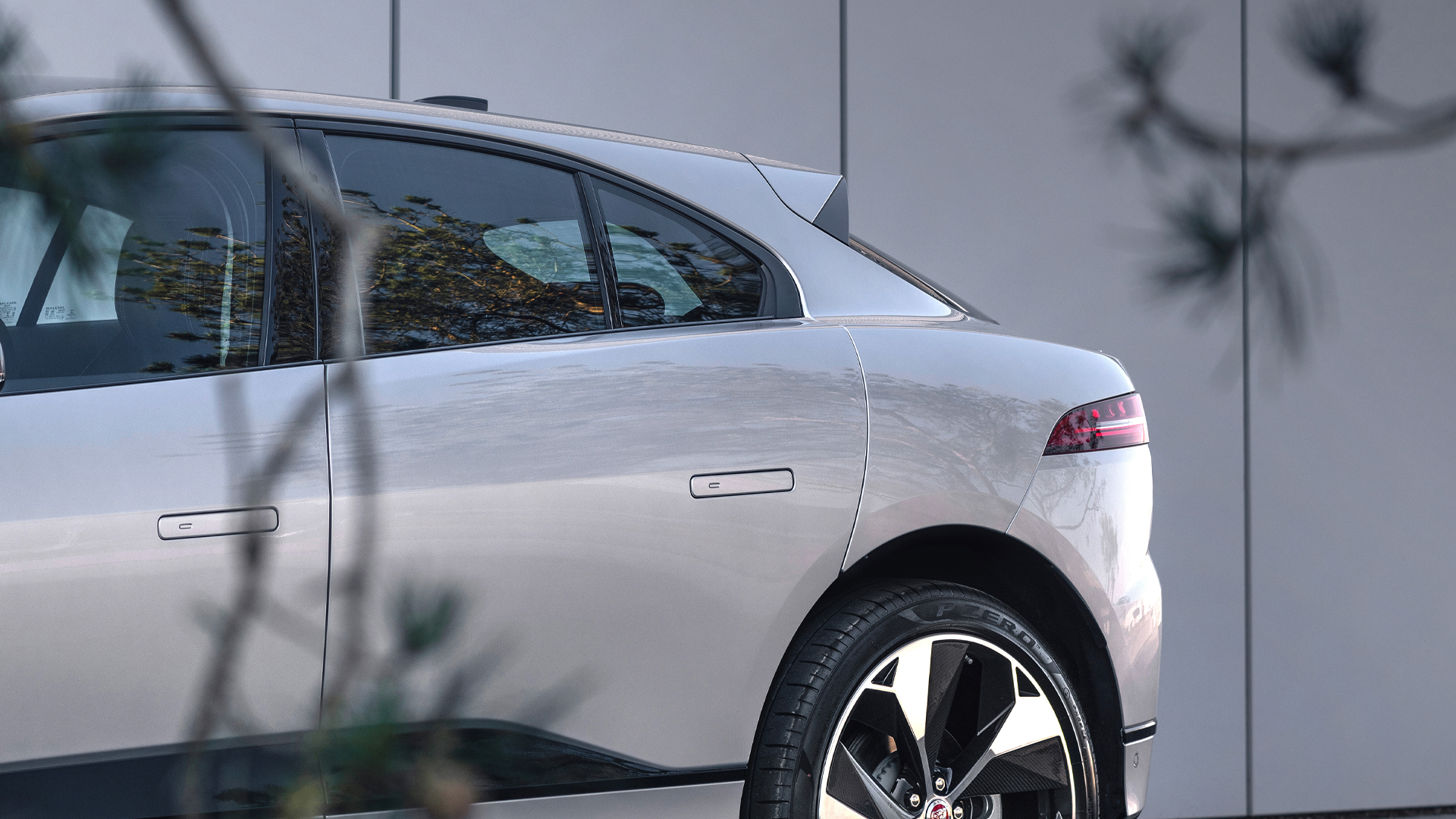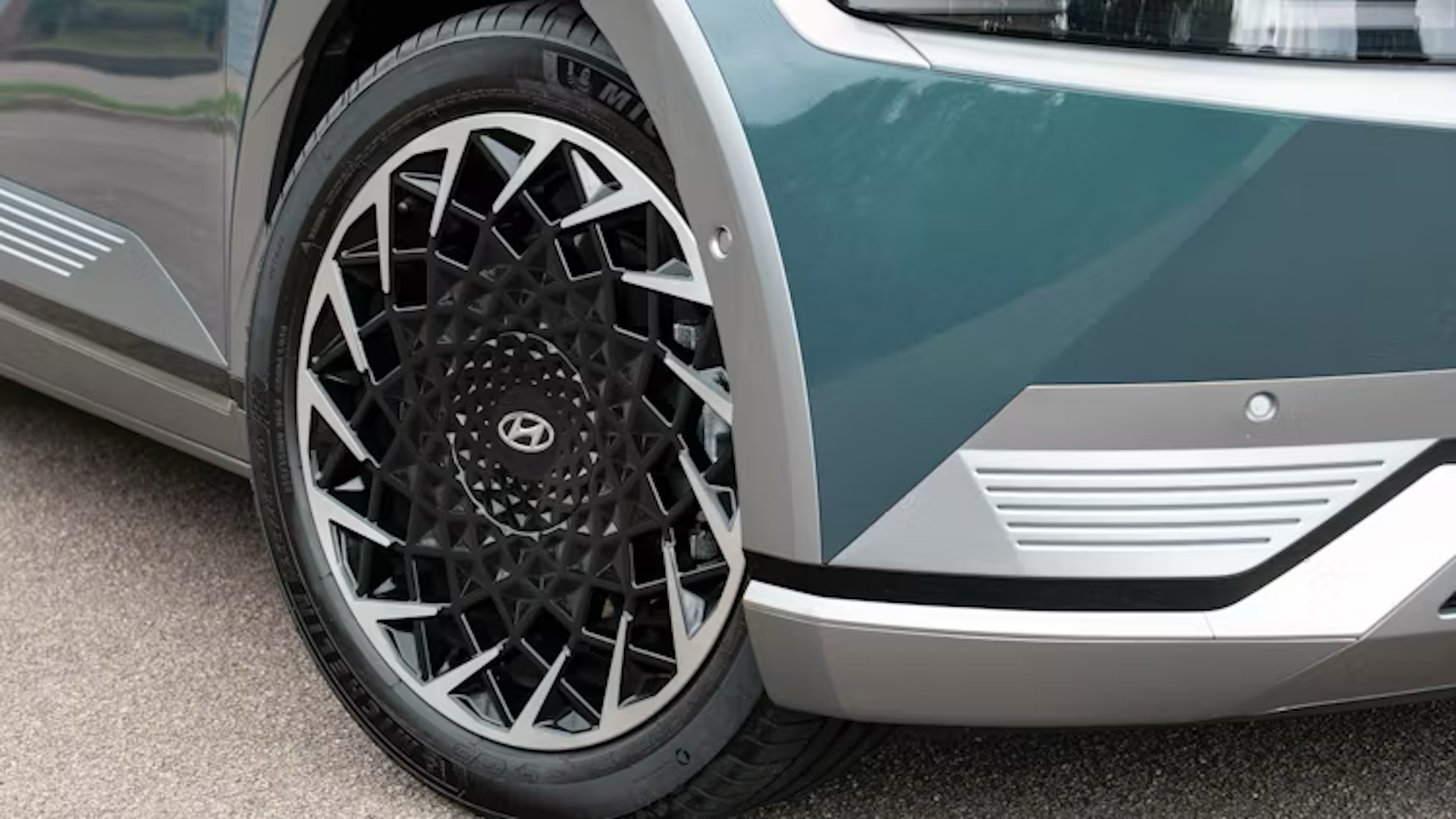Jaguar Cars UK New and Used Jaguar Models, Prices & Reviews
Read on to find out everything you need to know about buying a new or used Jaguar.
Popular Jaguar models
Browse and compare all Jaguar cars
Jaguar XE
Jaguar XF
Jaguar E-PACE
Jaguar F-Pace
Jaguar XJ
Jaguar F-Type
Jaguar F-Type Convertible
Jaguar I-PACE
How buying a Jaguar through Carwow works
Get unbiased opinions
Read our expert reviews team’s opinion of every Jaguar car to help guide you to the perfect model for you.
Make your choice
Select your Jaguar and configure the perfect model to suit your needs.
Receive offers
Sit back and wait for our network of trusted dealers to get back to you with a great offer on your new Jaguar.
About Jaguar
For any fan of British cars, Jaguar is an evocative name. The company wasn’t always called Jaguar, though – it started out in 1922 as Swallow Sidecars.
As the name suggests, to start with the firm made sidecars for motorbikes, switching to cars in 1934. The company changed its name to Jaguar in 1945 to be more memorable and to avoid the negative connotations of the initials SS. Success on road and track followed, with wins at Le Mans and a series of beautiful sports cars like the E-Type.
Today, Jaguar is part of Jaguar Land Rover, which is owned by the Indian company, Tata. The brand is being repositioned as an exclusive luxury car maker, with an all-electric range from 2025. It’s a make-or-break gamble for Jaguar.
What our car expert says
“Jaguar makes some really good cars like the F-Pace and F-Type, but these won’t be sold much longer. Instead, Jaguar’s bosses have made the bold decision to push the company further upmarket and to switch to a fully electric line-up. We’re excited to see if Jaguar’s new direction pays off.”
Jaguar at a glance
Latest Jaguar news
Get a new, lease or used Jaguar with no hassle or haggling
Used Jaguar cars
Lease a new Jaguar
Sell your car for what it's really worth
The free, easy way to get 5,500+ dealers all over the UK bidding on your car
All brands available on Carwow
-
Abarth
-
Alfa Romeo
-
Alpine
-
Audi
-
BMW
-
BYD
-
Citroen
-
Cupra
-
Dacia
-
DS
-
Fiat
-
Ford
-
Genesis
-
Honda
-
Hyundai
-
INEOS
-
Jaecoo
-
Jeep
-
KGM Motors
-
Kia
-
Land Rover
-
Leapmotor
-
Lexus
-
Lotus
-
Mazda
-
Mercedes-Benz
-
MG
-
MINI
-
Nissan
-
OMODA
-
GWM Ora
-
Peugeot
-
Polestar
-
Renault
-
SEAT
-
Skoda
-
Smart
-
Subaru
-
Suzuki
-
Tesla
-
Toyota
-
Vauxhall
-
Volkswagen
-
Volvo




